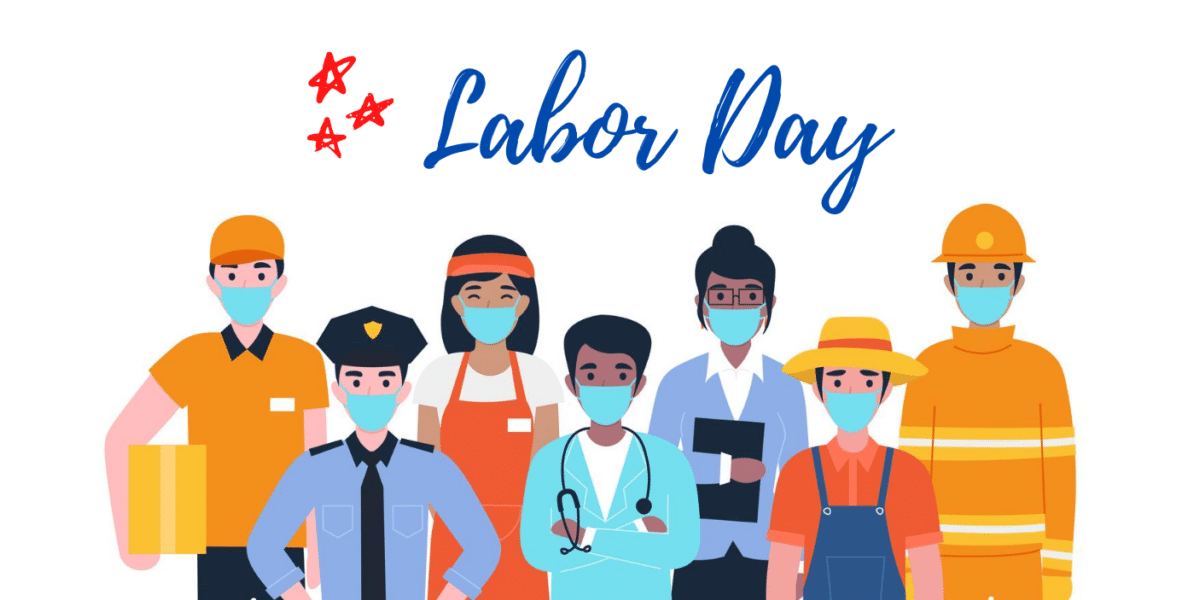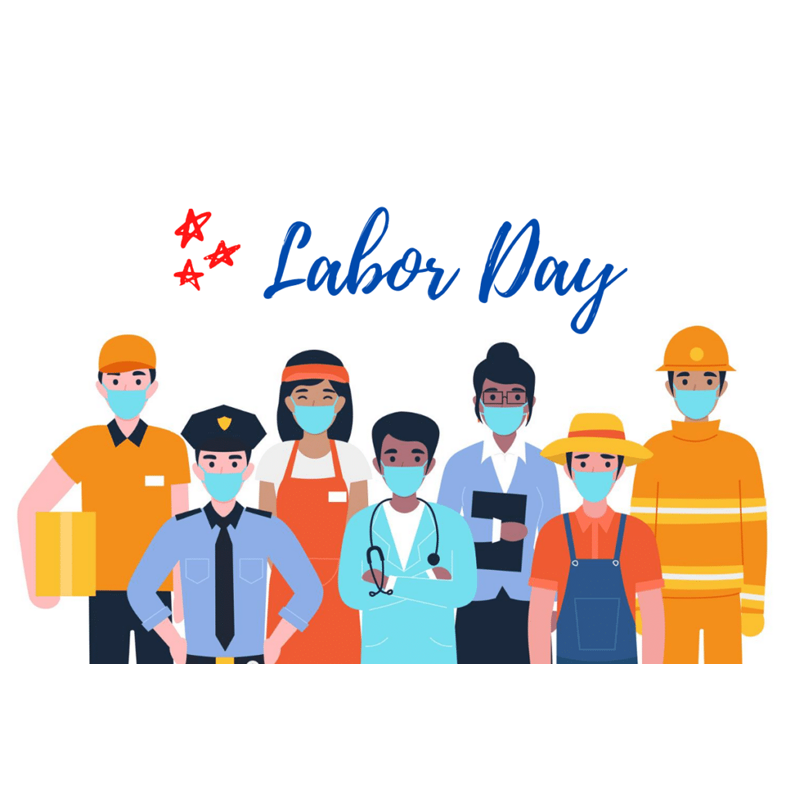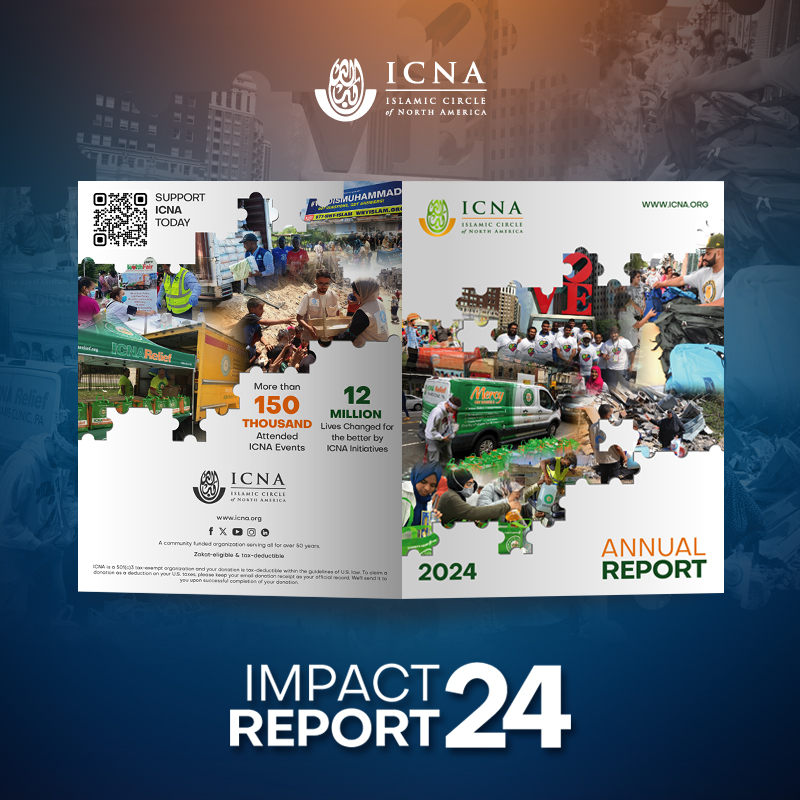

ICNA CSJ
Date published: Thu, 31 August 23
This Monday is Labor Day; for many of us, this is indicative of a long weekend, perhaps you have travel plans or a bar-b-que in the works. Labor Day is a day to celebrate and recognize the labor workers that keep our country going. Between bites of hotdogs and burgers, it’s imperative that we understand that the history of Labor Day stems from the Industrial Revolution in America, a time when most people, regardless of age or gender, were working hard to contribute to America’s growing economy. This resulted in illness, abuse, long hours, and almost no breaks. As groups of workers banded together to demand better conditions, they went on strike, taking off to parade across New York City to raise awareness for their plight. Thus, the origins of Labor Day were born.
Labor Day obviously has its roots in the American tradition, but the Islamic emphasis on worker’s rights is also clear. The worker, he who earns money using his labor and skill in order to provide for his family, is respected in the Islamic tradition. To work, while trusting in Allah, to better one’s condition, is an Islamic principle, and may even be considered an act of worship according to some hadith. Thus, it follows that justice towards the worker- one’s employee or laborer, is a fardh (obligation) upon every Muslim.
On a small scale, we all understand what this means. Business owners who directly oversee their employees should pay fair and reasonable wages, demonstrate kindness to their employees, be understanding in cases of illness and family obligation, and pay their employees on time. Similarly, the average person, when hiring an expert to perform a service, should follow the same ideas, and treat their workers with respect.
On a larger scale, however, we must understand that Islam’s emphasis on worker’s rights demands attention to policy that is shown to improve workers’ conditions. Such policies include raising the minimum wage, demanding a living wage, workday and work week caps, overtime policies, and even labor unions, which protect workers in case of oppression. Though these policies help to further justice for everyone, Muslims often find themselves removed from lobbying efforts for these policies, in comparison to policies related to the First Amendment, immigration, and even criminal justice. These, however, are essential fights to be involved in, for the betterment of our own communities, and all the hard-working people that allow this country to move forward.
The AFL-CIO, or American Federation of Labor and Congress of Industrial Organizations, is an organization that works to support Labor Rights. They are the largest Labor Rights interest group in the country, and work to further causes that support workers in the United States and abroad. Their program Labor in the Minbar is an initiative to connect Muslims to the Labor Rights movement, by highlighting the importance of Union Representation, Worker’s Rights, and other important causes at the mimbar during Labor Day weekend. ( To view a preview of a khutbah about labor rights, click here)
From a faith perspective, Muslims are commanded to stand up for justice and to implement the ideals of justice in our own communities and at large. This Jummah, you may or may not see representation from the AFL-CIO in your masajid, asking for your support. Your khateeb may or may not remind you of the importance of standing up for your brothers and sisters who are fulfilling the commandments of working hard for their families. Still, it is important that this year, and in the years to come, Muslims are aware of the fight for labor rights, and involved in the work of securing justice for workers.
We ask that you speak about Labor Rights to your children and to those you come across this weekend. Let us begin with a well-intentioned conversation about the importance of this issue to our family and friends. You can use our Resources on Labor Rights to help you navigate these conversations. Then, we can interact with workers in our own communities, our local AFL-CIO organization, or even your nearest ICNA Council for Social Justice chapter to join a movement that is integral to our ideals of justice.





